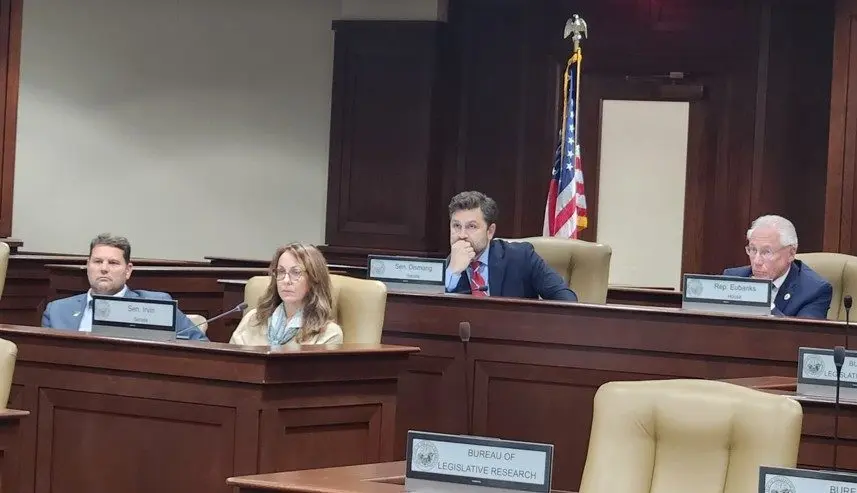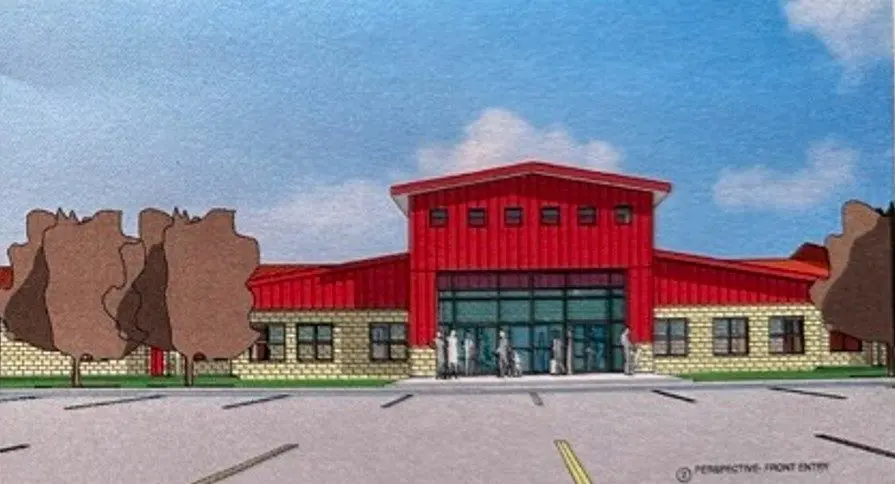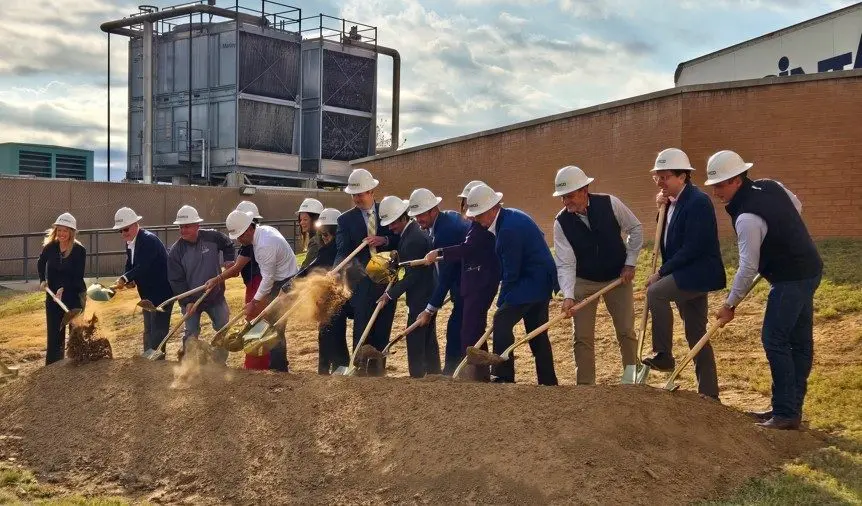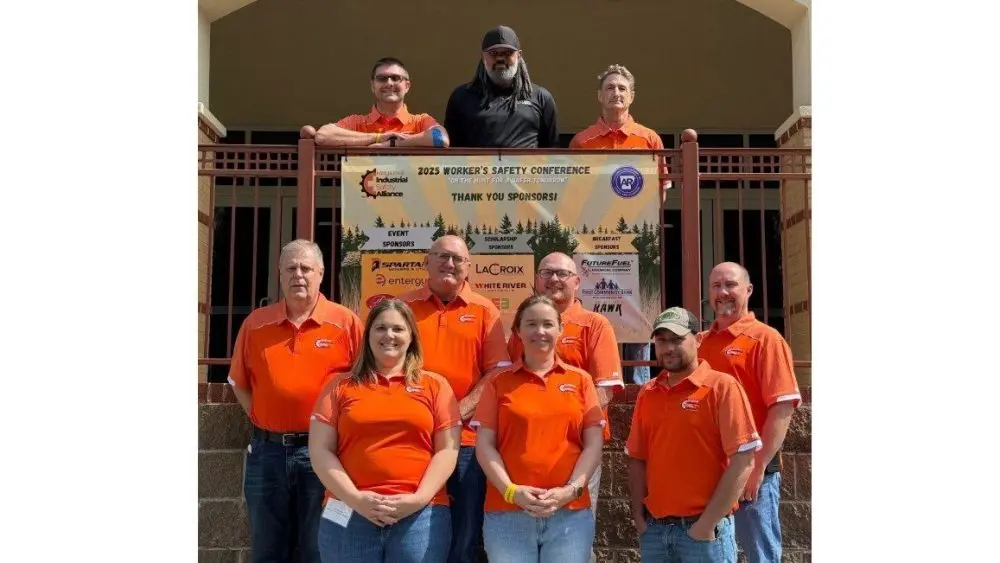From left: Sen. Bart Hester, R-Cave Springs; Sen. Missy Irvin, R-Mountain View; Sen. Jonathan Dismang, R-Searcy; and Rep. Jon Eubanks, R-Paris listen to discussion about Arkansas’ upcoming implementation of restrictions on SNAP purchases during Arkansas Legislative Council’s Performance Evaluation and Expenditure Review subcommittee meeting on Nov. 18, 2025. (Photo by Tess Vrbin/Arkansas Advocate)
By Tess Vrbin, Arkansas Advocate
An Arkansas lawmaker expressed concern Tuesday that upcoming restrictions on food stamp recipients’ purchases could make SNAP inaccessible to rural Arkansans if the state doesn’t give retailers clear guidance on how to implement the new rules.
In June, the U.S. Department of Agriculture approved a waiver to allow Arkansas to ban its Supplemental Nutrition Assistance Program (SNAP) recipients from using their benefits to purchase certain foods deemed unhealthy, such as soda, juices with less than 50% natural juice and other “unhealthy drinks,” along with “confectionary products with flour and artificially sweetened candy.”
The waiver will take effect July 1, 2026. Retailers have three options for how to identify and keep lists of ineligible foods, said Mary Franklin, director of the Arkansas Department of Human Services Division of County Operations.
Two of those three options are to use DHS guidance or a third-party contractor to apply the GS1 Global Product Classification standard to food products, Franklin told the Arkansas Legislative Council’s Performance Evaluation and Expenditure Review subcommittee Tuesday.
The third option is to “take the broad definitions that we are providing through the GS1 framework and apply it in good faith to their own product array without contracting their expenses,” she said.
PEER co-chair Sen. Jonathan Dismang, R-Searcy, called the three options “not workable” and not cost-effective for “mom and pop” businesses in “communities where our big chains may not be able to exist.”
“What I’m scared you’re going to do is create a scenario where entities, probably in areas that need it the most, are not going to be able to offer SNAP because of the risk associated with not appropriately categorizing an item,” Dismang said.
Franklin said she and other DHS administrators have no intention of pushing businesses out of SNAP and will discuss Dismang’s feedback.
Arkansas has the highest prevalence of food insecurity in the nation, according to a 2024 USDA report that the agency has stopped issuing. More than 222,000 individuals and over 118,000 households in Arkansas received SNAP benefits as of Sept. 1, according to DHS.
The federal government shutdown from Oct. 1 to Nov. 12 delayed this month’s issuance of SNAP benefits, but DHS said last week that benefits would be issued by Nov. 14. SNAP is completely federally funded but administered by the states.
Dismang has sponsored bills for two consecutive legislative sessions that would raise the state’s asset limit for SNAP enrollees. He has argued that SNAP-eligible families need to be able to save more money in order to someday no longer need SNAP, while other Republican lawmakers have said the proposal will keep people on government assistance longer.
The Arkansas Advocate is a nonprofit, nonpartisan news organization dedicated to tough, fair daily reporting and investigative journalism that holds public officials accountable and focuses on the relationship between the lives of Arkansans and public policy.
Have a news tip or event to promote? Email White River Now at news@whiterivernow.com. Be sure to like and follow us on Facebook and Twitter. And don’t forget to download the White River Now mobile app from the Google Play Store or the Apple App Store.
Get up-to-date local and regional news/weather from the First Community Bank Newsroom on Arkansas 103.3 KWOZ every weekday morning and afternoon. White River Now updates are also aired on weekday mornings on
93 KZLE, Outlaw 106.5, and Your FM 99.5. Catch CBS News around the top of every hour on 1340 KBTA.







